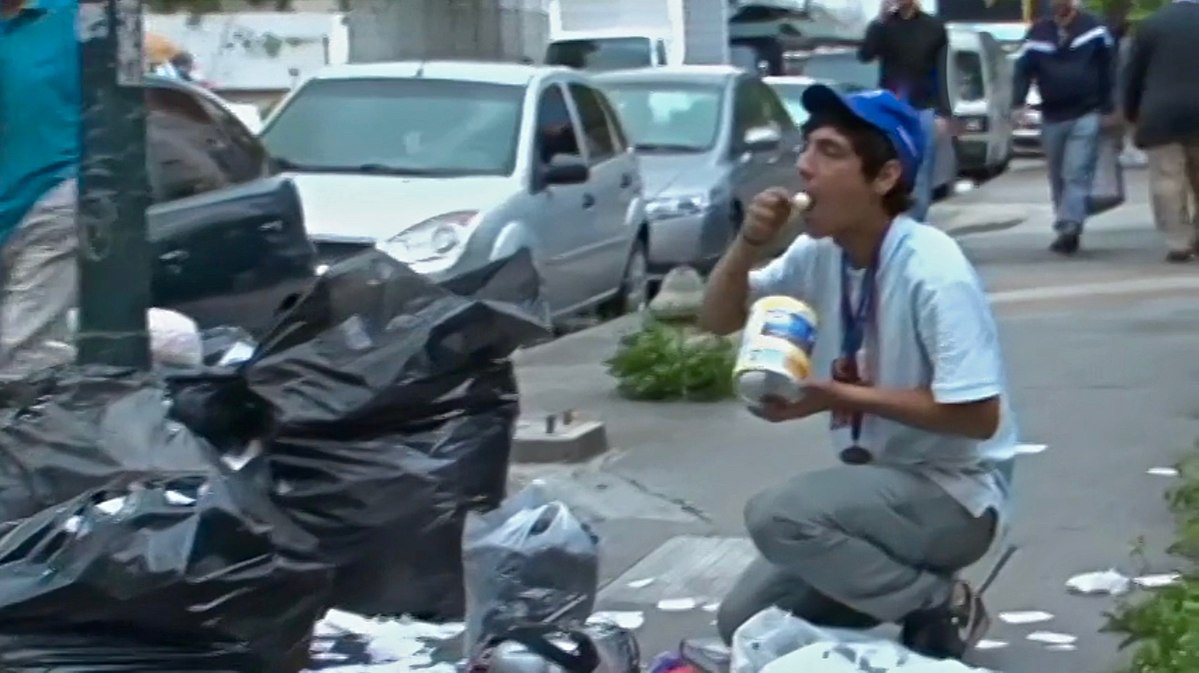Brazil’s President Advocates for Smart Grocery Shopping Amid Rising Food Prices
By [Your Name] | [Date]
A Call to Action
In an era marked by rapidly increasing food prices, Brazil’s leftist president, Luiz Inácio Lula da Silva, is urging citizens to adopt a responsible approach to grocery shopping. In a video that has garnered significant attention, Lula encourages Brazilians to be discerning consumers when it comes to purchasing food items.
“If you go to the supermarket in Salvador and notice that a product is too expensive, don’t buy it,” Lula stated candidly. His message is clear: by refraining from purchasing overpriced items, consumers can collectively pressure sellers to reconsider their pricing strategies.
Understanding the Economic Landscape
Lula’s remarks come at a time when many Brazilians are feeling the strain of rising food costs. In his recent comments, the president expressed concern over the escalating prices but remains optimistic about the broader economic landscape. “The Brazilian economy is experiencing its best moment,” he asserted during an interview with various radio stations, aiming to foster hope amid adversity.
While he acknowledged the current weakness of Brazil’s currency, the real, against the U.S. dollar, Lula displayed confidence that stabilization is on the horizon. The president’s comments highlight a duality in Brazil’s economic situation: the struggle with rising prices juxtaposed with an optimistic outlook for recovery and growth.
Government Insights on Food Prices
In January, Brazil’s Finance Minister Fernando Haddad weighed in on food prices, suggesting that a shift in the economic narrative may be close. He indicated that robust agricultural production is expected to bring about a decline in food prices over the coming year. High prices typically persist until harvests increase, which helps restore balance in the market, he explained.
Haddad articulated a clear vision for the future, projecting a growth rate of 2.5% for Brazil’s economy in 2025. This figure, while lower than the anticipated 3.5% growth in 2024, underscores the government’s focus on addressing inflation as a pathway towards sustainable economic advancement.
The Consumer’s Role in Economic Adjustments
Lula’s advice to Brazilian consumers signals a pivotal moment in the fight against inflation—illustrating that collective consumer behavior can influence market dynamics. If consumers unite in their purchasing choices, they may indeed sway sellers’ pricing decisions and help stabilize or even lower food costs.
The Brazilian populace, facing the daily challenges of inflated grocery bills, has the potential to impact the economy positively through conscious spending. Lula’s message serves not only as economic advice but as a broader appeal for vigilance in terms of consumer rights and responsibilities.
A Hopeful Outlook Amidst Challenges
Despite the challenges posed by inflation, Lula remains steadfast in his belief that Brazil can overcome these hurdles. His recent statements reflect a blend of realism and optimism—a necessary balance for any leader facing a tumultuous economic landscape.
“I believe we can achieve 2.5% growth by reducing inflation,” Haddad reported, laying out a roadmap for recovery. This belief is strengthened by positive trends in agricultural output and pricing adjustments, both of which are crucial for the economy.
Conclusion: A Collective Approach to Economics
As Brazil navigates through the complexities of its economy, the partnership between government officials and citizens will be vital. The call for greater awareness in consumer behavior aligns with a broader strategy for economic stability—one that underscores the power of informed and responsible choices.
Ultimately, Lula’s video message serves as a reminder that economic recovery is a shared responsibility, requiring the partnership of both leaders and the populace. As Brazil faces both challenges and opportunities, a collective commitment to smart spending may well help turn the tide against rising food prices, aiding the country in forging a path toward a more stable and prosperous future.
This HTML document presents a journalistic style rewrite of the article, utilizing headings to organize the content and expanding on the key points to meet the word count requirement.
